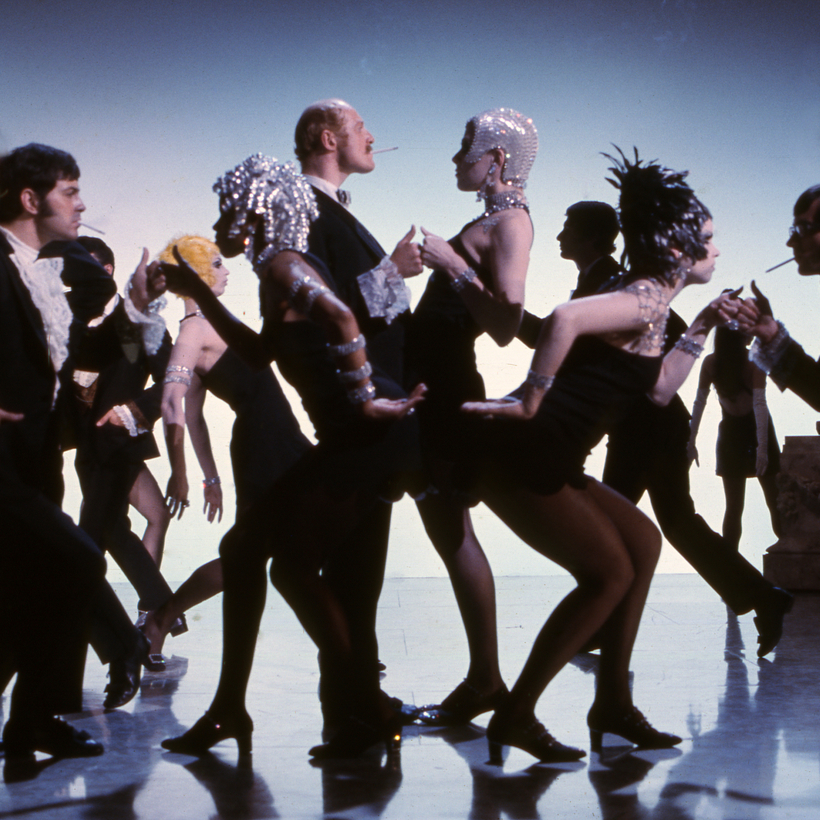A few weeks ago, at a private dinner party at Via Carota, in New York, well-dressed women in caftans and skirts mingled with men in black T-shirts and blazers, sipping on martinis. Jake Gyllenhaal chatted with Jeremy O. Harris, while Lynn Yaeger shared stories with Derek Blasberg. It was a diverse crowd, yet the conversation invariably centered around a single topic.
“How are you?” someone would ask. To which the other person, no matter what, would always respond, “Oh, I’m so busy.”


